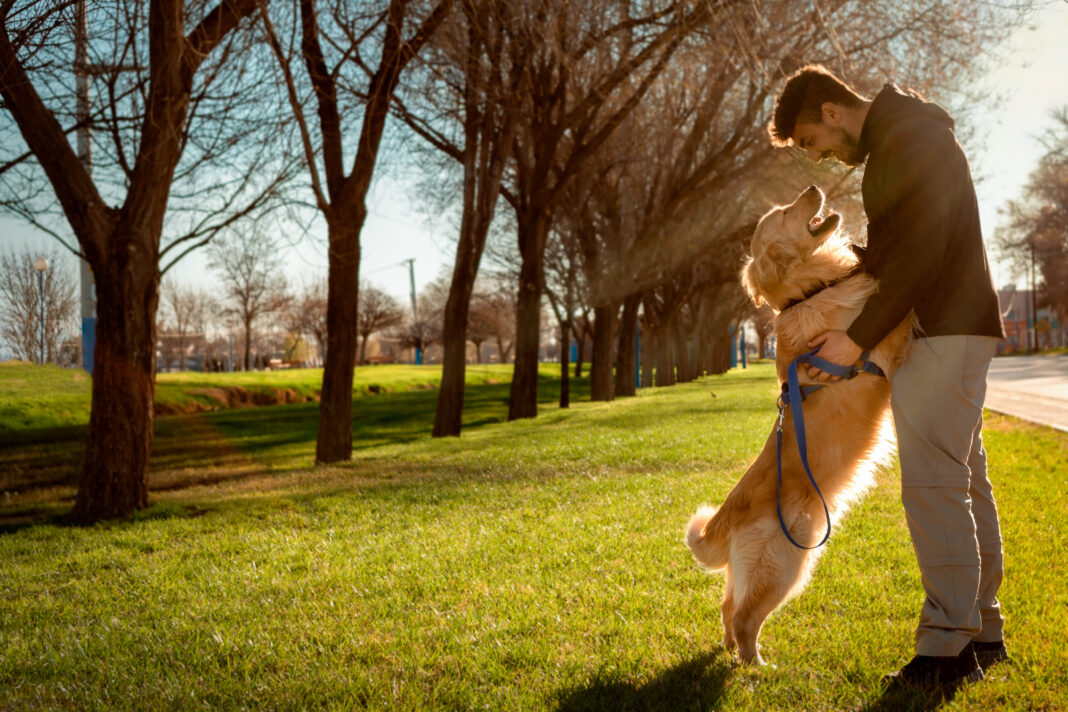Eco-Conscious Tips for Pet Owners
By Jack Shaw
There’s no doubt you’d do anything for your animal companion. You’ll buy them the best food, treats, toys, and accessories. After all, they’re part of your loving family. However, their environmental impact can be just as significant as yours. Discover ways to save the planet while caring for your pet.
Keep Your Pet on a Leash When Walking
Leashing your pet is essential for leading and controlling them. Follow local ordinances and on-site signage when walking your dog to ensure their safety. It’s necessary to keep them away from wildlife, especially marine creatures. Animals can transmit diseases — some of which can be fatal — to your pets and vice versa. It can occur through any direct contact, such as a scratch, bite, or contact with fecal matter.
Disease isn’t the only reason to keep your furry companion out of certain areas. They can cause distress for wildlife, which may lead to aggressive behavior toward you or your pet.
Buy Sustainable Pet Food
The food system accounts for 26% of global greenhouse gas emissions, including pet food production. This makes sustainable alternatives essential. Look for brands certified by the Marine Stewardship Council or the Aquaculture Stewardship Council. Products with these labels indicate that the protein content is ethically caught and produced.
You may also look for options packed in recyclable containers or buy in bulk. Choose lower-impact meats like chicken for cats and dogs. Introduce plant-based foods to boost your sustainability efforts, but consult your veterinarian first.
Make a Safe Outdoor Environment
Playtime is essential to your cat or dog’s routine. Some breeds are outdoorsy and need an outlet for their energy. Providing them with a secure yard to run and play in is one way to support their well-being.
Consider using eco-friendly fencing materials like composite when creating a safe outdoor environment for your pet. Setting up a fence prevents unsupervised outdoor access, which can lead to encounters with toxic substances, aggressive animals or getting lost. Enrich the space with sustainable elements like scratching posts, climbing structures and toys.
Make Homemade Treats
Creating your pet’s treats and storing them in reusable containers is an excellent way to avoid the plastic packaging of commercially available items. Try this easy-to-follow chicken treats recipe perfect for any dog with specific dietary restrictions like wheat intolerance.
Ingredients:
> 2 ½ cups of ground oats
>1 large egg
> 1 10-ounce can of chicken, with liquid
> 1 tablespoon of coconut oil, melted and cooled
Instructions:
1- Preheat the oven to 350 degrees Fahrenheit.
2- Grind oats in a high-speed blender or food processor, then measure 2 ½ cups. Set aside.
3- Combine egg and coconut oil in a medium bowl. Whisk to combine.
4- Add the chicken with liquid to the bowl. Break up the chicken chunks with a fork until shredded. Combine everything until thoroughly mixed.
5- Sprinkle ground oats into the bowl. Use a spatula to stir the mixture until it forms a soft dough.
6- Place the dough between two sheets of parchment paper. Roll until the dough is around 0.125 inches thick.
7- Cut out random shapes with a cookie cutter, then place them on a parchment-lined baking sheet.
8- Bake for 25 minutes. Remove from the oven once they turn golden brown.
7- Let cool before storing in an airtight container.
Use Organic Grooming Products
Animal grooming items can contain harmful chemicals. For instance, flea and tick protection products may contain tetrachlorvinphos (TCVP), a chemical that’s effective for killing pests but can harm pets and their owners. TCVP exposure can affect a child’s brain development and induce other symptoms, such as nausea, muscle twitching and seizures.
Your furry friend may come into contact with it when they lick their paws and coats. Groom your pet regularly to prevent ticks and fleas naturally.
Practice Proper Poop Disposal
Pet waste is detrimental to the environment. It contains parasites and infectious bacteria that may contaminate natural water sources when not disposed of properly. The plastic bags you use to clean up after your pet can also harm the environment. Instead of purchasing single-use poop bags, consider using old papers to reduce your landfill impact.
You can also use compostable poop bags made of post-consumer recycled plastic for a more ecological alternative.
Consider Pre-Loved Items
Instead of buying new clothes and accessories from pet brands, consider purchasing from local buy-and-sell groups. You might find high-end items at a fraction of the retail cost or discover new products you have never considered before. You can also help the environment by donating or selling items your growing kitten or puppy no longer needs, paying it forward to another pet parent.
Try Sustainable Pet Ownership
It’s possible to take care of the planet and your pet. With these strategies in mind, you’ll realize that being an eco-friendly pet owner is easier than you thought and can make a big difference in the world. Small efforts can add up and make life with your cat or dog even more rewarding.
Jack Shaw is the senior editor of the men’s lifestyle magazine Modded and has written extensively about electric vehicles, sustainable practices, and maintaining a green lifestyle through your everyday actions. His writing can be found in Green Living Journal, Packaging Digest, EcoHotels, and more. Connect with him via his LinkedIn.
